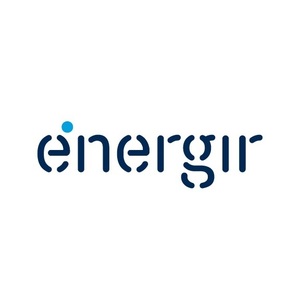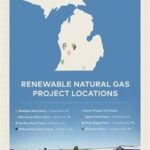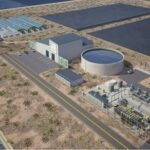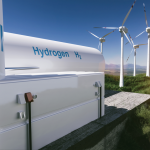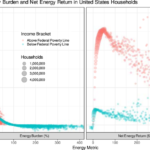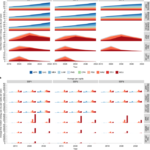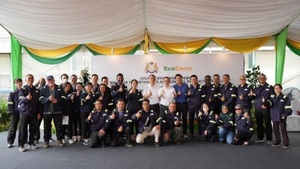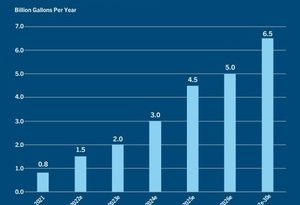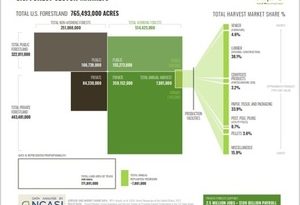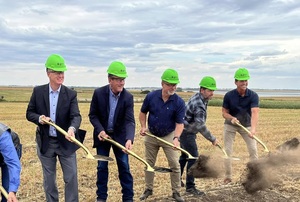Énergir, Nature Energy to develop RNG projects in Quebec
Energy Disrupter
ADVERTISEMENT
Énergir Development, hereafter “Énergir”, a diversified energy business, and Nature Energy, a world leader in renewable energy, are joining forces to co-develop biomethanization plants in Quebec. This partnership is the result of the companies’ common desire to significantly increase the amount of RNG in the Quebec natural gas distribution network and accelerate the pace of development of locally sourced renewable energy.
Under the agreement, Énergir and Nature Energy will co-develop and implement up to 10 projects, in Quebec’s high agricultural density regions, producing up to 200 million cubic meters of RNG per year. The projects would supply one third of Quebec’s 2030 RNG target, reducing CO2 emissions by up to 400,000 metric tons. This is comparable to taking nearly 100,000 gasoline-powered cars off the road.
A partnership with significant benefits for the circular economy
The partnership between Énergir and Nature Energy will generate investments of approximately $1 billion, creating more than 600 indirect jobs and more than 100 direct jobs once the plants are operational.
Nature Energy’s expertise, know-how and first-class biomethanization technology will benefit Quebec through its partnership with Énergir, contributing significantly to the province’s energy transition. Nature Energy will be responsible for the design and operation of the facilities, while Énergir will see to construction and development. Both partners will ensure the procurement of biomasses and will select, invest and develop the project portfolio.
By joining forces, Nature Energy and Énergir will bolster the development of the agricultural RNG sector by supporting farmers with economically viable projects via stringent plant biosafety and manure management solutions that help reduce greenhouse gases (GHG).
Biomethanization projects support circular economy growth by capturing many of the important environmental, economic and social benefits for the agricultural sector, and for the community. This partnership will help farmers diversify their revenue streams through project partnerships, reduce their GHG emissions and provide a nutrient-rich soil health solution. This in turn will support the green transition by producing a sought-after renewable energy source, creating jobs and improving the economic vitality of local communities.
Accelerating the pace of development of the RNG sector in Quebec
“We have been working tirelessly for over ten years to develop the RNG industry in Quebec. With this entry into the RNG production market, we aim to further accelerate the growth of the RNG industry in Quebec and decarbonize the distribution network of natural gas while diversifying our activities. It is also an opportunity to support the regions as players in the energy transition, with promising projects on their territory. By taking action now, Énergir can accelerate the development of RNG production in Quebec,” said Éric Lachance, president and CEO of Énergir Inc.
“This agreement reinforces our ambitions to be a contributor to Quebec’s green transition by helping meet one third of the RNG target. In collaboration with Quebec’s farmers, businesses and municipalities, and our partners at Énergir, we will transform the raw materials coming from agriculture and use the resources in an optimal and safe way, turning them into renewable energy. This partnership is the largest single investment in Nature Energy’s history outside of Denmark and we look forward to partnering with Énergir to help Quebec achieve its plan to reduce GHGs for the benefit of local farmers and the community,” said Ole Hvelplund, president and CEO of Nature Energy.
Renewable natural gas
While decomposing, organic materials naturally produce methane gas, which is captured and converted into renewable natural gas through a biomethanization process. RNG is carbon neutral since the greenhouse gas (GHG) emissions associated with the combustion of RNG release CO2 in amounts equivalent to natural carbon cycle emissions. This 100 percent renewable energy can then be fed into the natural gas grid and consumed locally. The process also produces a digestate that can be used to create high-quality compost for fertilizing the soil.

